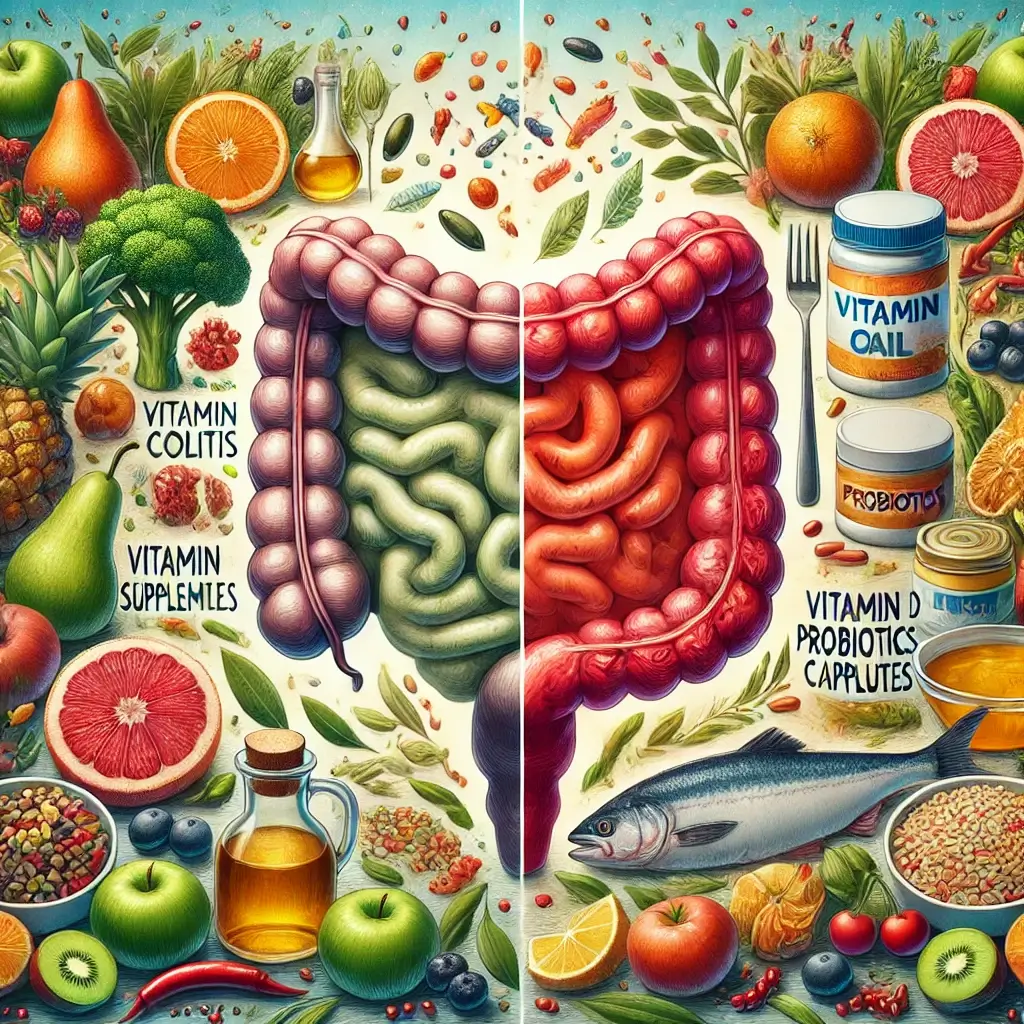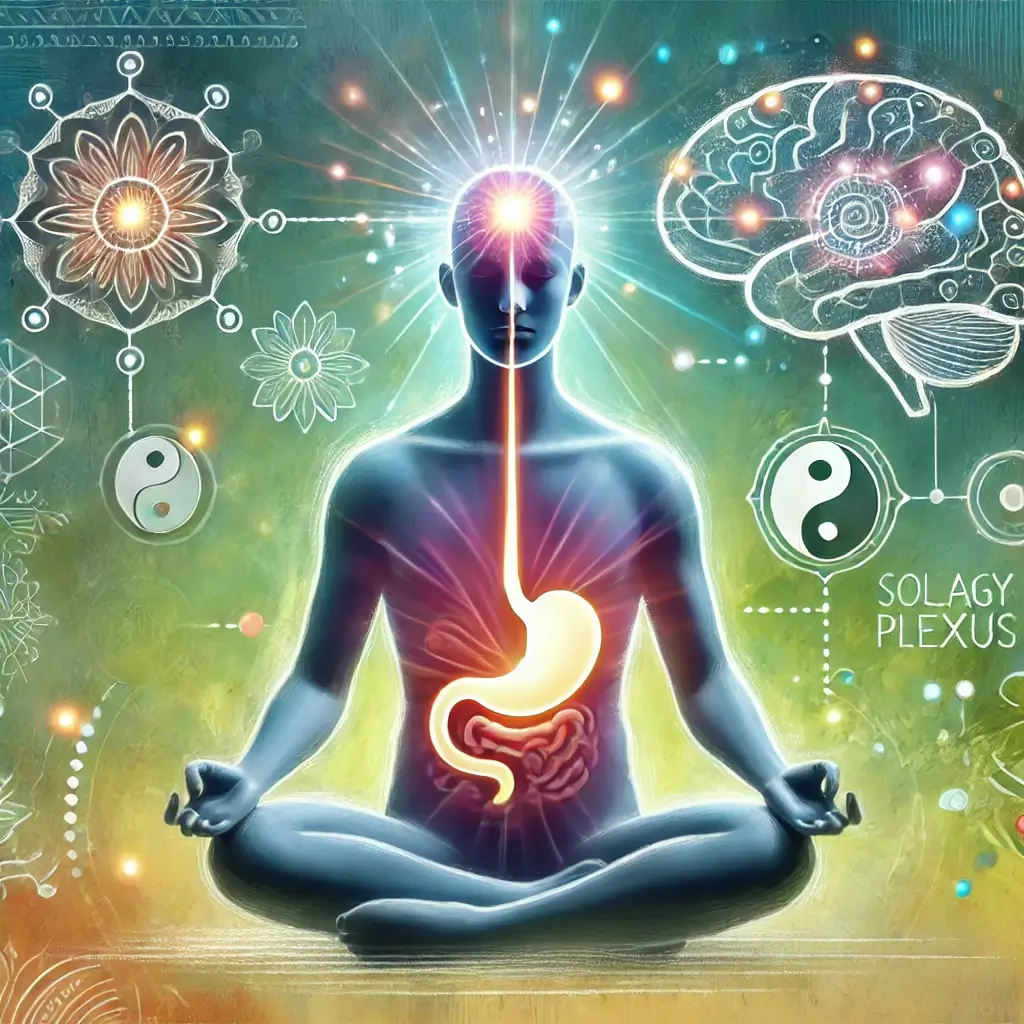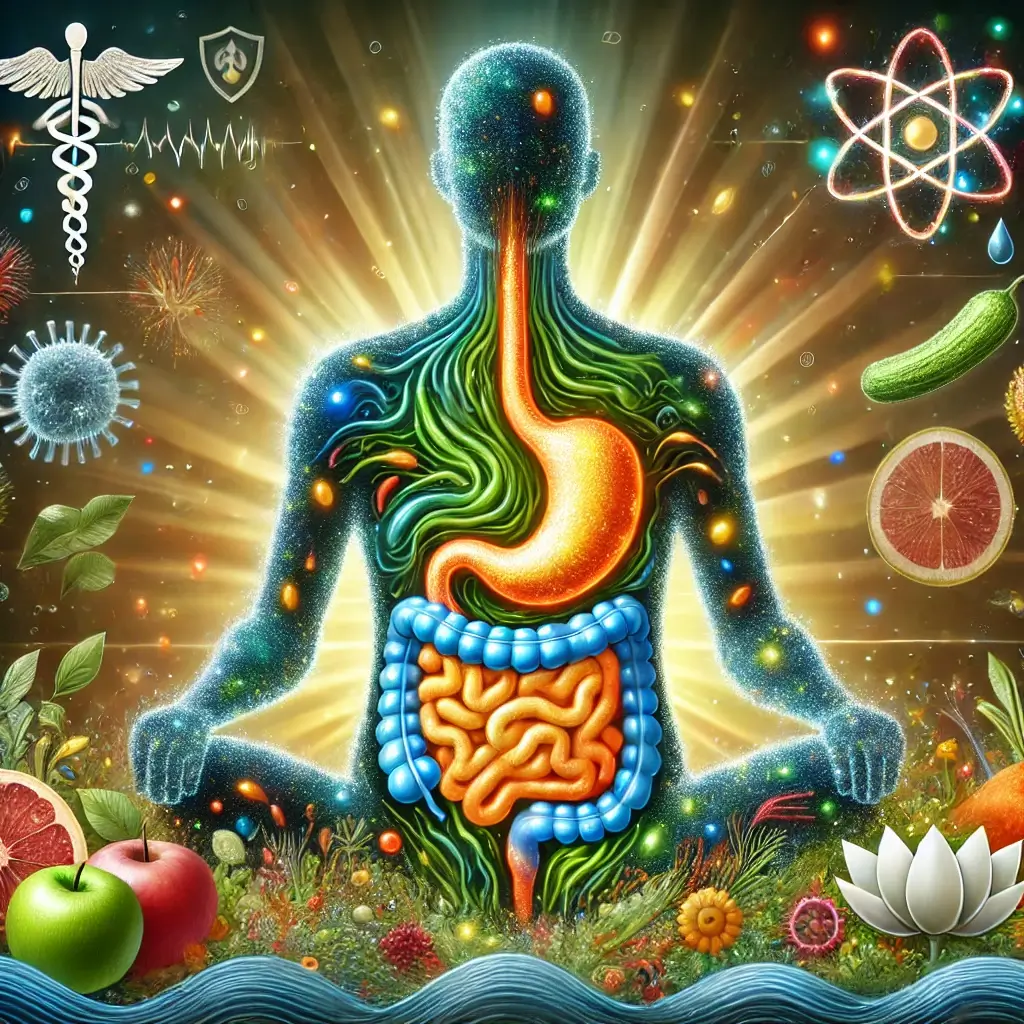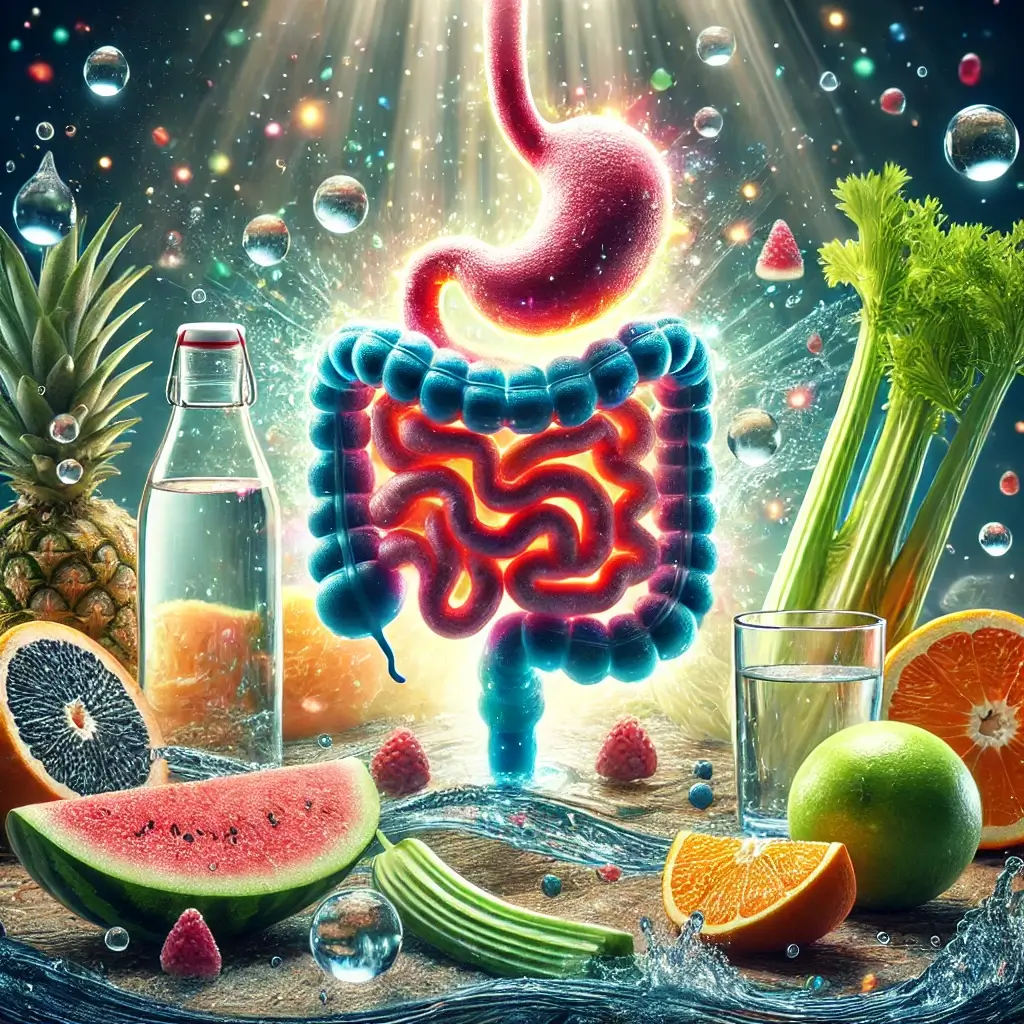Breaking Down UC Nutrition: From Mediterranean Diet to Microbiome Modulation
Understanding Ulcerative Colitis and Its Impact
Ulcerative colitis (UC) is a chronic inflammatory bowel disease (IBD) that profoundly affects the large intestine’s lining, leading to symptoms like abdominal pain and rectal bleeding. While medical therapies remain the cornerstone of UC management, dietary and nutritional strategies are increasingly recognized as critical adjuncts to medical treatment.
The Role of Gastrointestinal Health
The gastrointestinal tract’s primary function is to digest and absorb nutrients, yet it is also the site of chronic inflammation in ulcerative colitis. This makes dietary management a unique and essential component of care. Nutritional deficiencies and food intolerances are common among UC patients, often exacerbating symptoms or contributing to complications. At the same time, specific dietary interventions may help modulate inflammation, improve gut health, and support overall well-being.
Exploring Nutrition in UC Management
This article explores the intersection of nutrition and UC management, offering insights into dietary patterns and nutritional supplementation, and emerging research on the role of diet in UC care. By understanding and implementing these strategies, individuals with UC can complement medical treatments, improve symptom control, and enhance their quality of life.
Essential Dietary Patterns for Managing UC
During flare-ups, a low-residue diet for symptom management is often recommended to reduce bowel movements and minimize irritation to the colon. This diet limits high-fiber foods like whole grains, raw fruits, and vegetables. The Specific Carbohydrate Diet (SCD) eliminates certain carbohydrates, including grains, dairy, and processed foods. The Mediterranean diet for inflammatory conditions is rich in fruits, vegetables, whole grains, olive oil, and lean protein. A high-protein diet meets increased requirements during active inflammation and tissue repair.
Critical Role of Nutritional Supplements
Vitamin D supplementation in ulcerative colitis is crucial as deficiency is prevalent and linked to increased disease activity. Omega-3 fatty acids may help modulate inflammation. Probiotics introduce beneficial bacteria to the gut. Iron and zinc supplementation address deficiencies common in UC patients.
Innovative Research in UC Treatment
Emerging studies suggest that combining Fecal Microbiota Transplantation with dietary modifications may enhance microbiome restoration. Prebiotics and postbiotics are gaining attention for their potential to reduce inflammation. Personalized nutrition based on genetic profiles offers a promising avenue for UC care.
The Future of UC Management
Diet and nutrition play a vital role in managing ulcerative colitis, providing tools to support medical treatments and improve patient outcomes. The interplay between diet, microbiota, and inflammation remains a dynamic area of research, offering hope for innovative therapies and personalized nutrition in UC care.
Scientific References
Ananthakrishnan, A. N., Khalili, H., Higuchi, L. M., et al. (2014). Higher predicted vitamin D status is associated with reduced risk of Crohn’s disease and ulcerative colitis. Gastroenterology, 146(2), 301–309.
Gionchetti, P., et al. (2017). Fecal microbiota transplantation for inflammatory bowel diseases. Gut, 66(1), 1–11.













